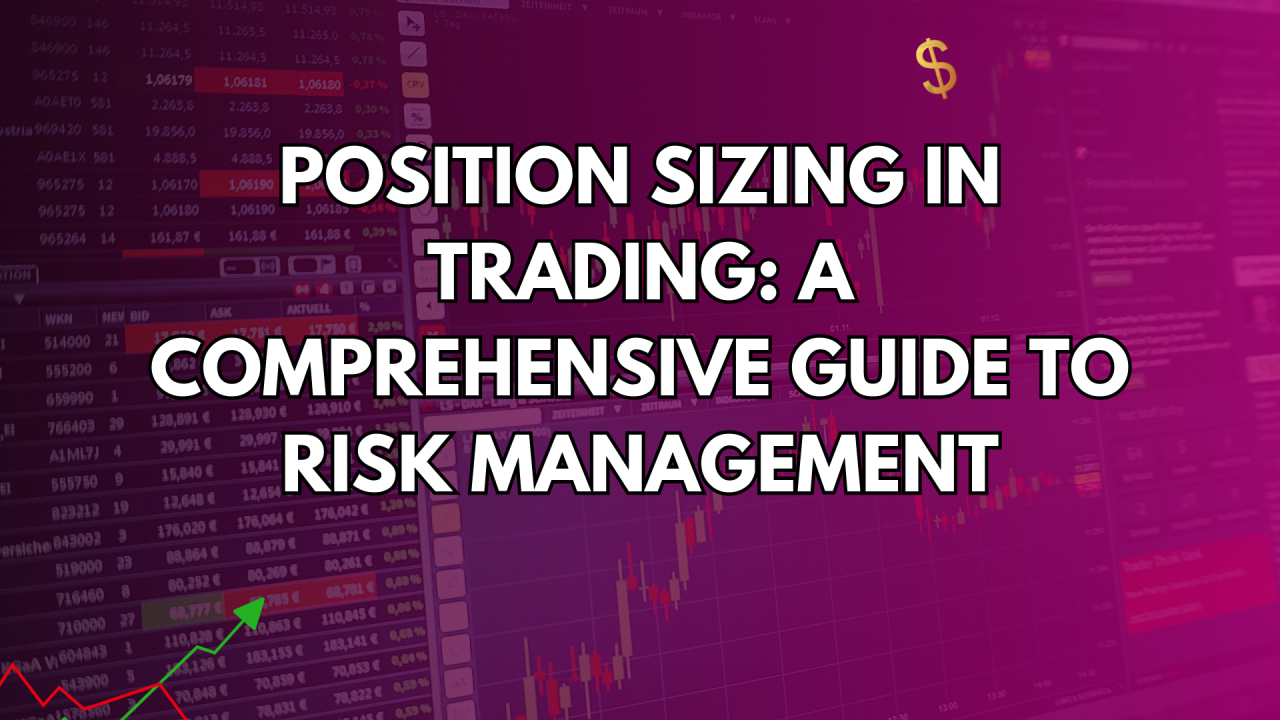The Best Forex Brokers for Beginners: Complete Guide
Choosing the right Forex broker is crucial for beginners who want to start their trading journey on the right foot. A good Forex broker for beginners should offer a user-friendly platform, educational tools, low minimum deposits, and a solid reputation for customer support and safety. Below are some of the best Forex brokers for beginners, along with their pros and cons, and useful web links to learn more or open an account.
1. IG Group
Overview:
IG Group is one of the most established brokers globally and is regulated by major authorities, including the UK’s Financial Conduct Authority (FCA). It is well-known for offering a wide range of educational materials, an intuitive trading platform, and competitive spreads.
Pros:
- Educational Resources: IG offers webinars, trading courses, and videos, which are great for beginners to learn the basics of Forex trading.
- User-Friendly Platform: IG’s platform is easy to use, offering both web-based and mobile apps, making it suitable for new traders.
- Low Minimum Deposit: The minimum deposit to open an account with IG is low, making it accessible for beginners.
- Regulated: IG is regulated by top-tier authorities like the FCA, ensuring the safety of your funds.
- Range of Trading Instruments: In addition to Forex, IG also offers commodities, stocks, and other financial instruments.
Cons:
- High Fees for Inactivity: If your account remains inactive for more than two years, you may incur inactivity fees.
- Limited Advanced Research Tools: Some advanced traders might find IG’s research tools lacking in-depth features compared to other brokers.
Web Link: IG Group
2. eToro
Overview:
eToro is a social trading platform that allows beginners to copy trades from more experienced traders. It has become very popular due to its easy-to-use platform, low fees, and large social trading community.
Pros:
- Copy Trading: eToro’s copy trading feature allows beginners to automatically replicate the trades of experienced traders, reducing the need for technical analysis knowledge.
- Social Trading Network: eToro offers a social trading environment where you can interact with other traders and share strategies.
- Low Minimum Deposit: eToro allows you to start with as little as $50, which is ideal for beginners.
- Educational Materials: eToro provides an easy-to-follow blog and video tutorials aimed at beginners.
- User-Friendly Interface: eToro’s platform is very simple and intuitive, making it ideal for novice traders.
Cons:
- Limited Forex Pairs: eToro offers fewer currency pairs compared to some other brokers, which might restrict advanced traders.
- High Spreads on Some Instruments: The spread can be a bit higher for certain pairs, making trading slightly more expensive.
- Withdrawal Fees: eToro charges withdrawal fees and limits the number of withdrawals per month.
Web Link: eToro
3. Plus500
Overview:
Plus500 is another user-friendly broker that is perfect for beginners. Known for its simple platform and low minimum deposit requirement, Plus500 also offers a wide range of educational resources to help new traders learn the basics.
Pros:
- Simple Platform: Plus500 has a straightforward, easy-to-navigate platform, which is excellent for beginners.
- No Commission: Plus500 operates on a spread-only model, meaning they don’t charge any commission fees on trades.
- Regulated: Plus500 is licensed and regulated by the UK’s FCA and other financial authorities globally.
- Demo Account: The broker offers a free demo account, which allows beginners to practice trading without risking real money.
- Low Minimum Deposit: Plus500 has a relatively low minimum deposit requirement, making it accessible for new traders.
Cons:
- Limited Educational Tools: Plus500 provides basic educational resources, but they are not as extensive as some other brokers.
- No Educational Webinars or Videos: Unlike some other brokers, Plus500 does not offer live webinars or video content to help beginners.
- Limited Customer Support: Some users have reported slower response times from Plus500’s customer support.
Web Link: Plus500
4. OANDA
Overview:
OANDA is a well-regulated Forex broker that has been around since 1996. It offers a range of educational resources and trading tools suited for beginners, making it a great option for those starting their Forex trading journey.
Pros:
- Low Minimum Deposit: OANDA allows you to start trading with as little as $1, which is perfect for beginners looking to test the waters.
- Educational Resources: OANDA offers a variety of articles, webinars, and guides that cater to traders of all levels.
- Regulated and Safe: OANDA is regulated by top financial authorities such as the FCA, CFTC, and NFA, providing a safe trading environment.
- Advanced Charting Tools: Although beginners will find the tools easy to use, OANDA also offers advanced charting tools for more experienced traders.
- Customizable Platforms: OANDA’s platforms (web, mobile, and desktop) are fully customizable to suit your trading needs.
Cons:
- High Spread on Some Pairs: OANDA’s spreads may be higher compared to other brokers, which could eat into your profits, especially for frequent traders.
- Limited Asset Variety: OANDA primarily focuses on Forex and CFDs, which may limit some traders who want access to a broader range of assets.
Web Link: OANDA
5. XM
Overview:
XM is a well-regulated Forex broker with a strong reputation for customer service and a broad range of trading tools. It offers various account types, including micro accounts that make it ideal for beginners.
Pros:
- Low Minimum Deposit: XM has a low minimum deposit requirement, allowing beginners to start with a relatively small investment.
- Wide Range of Educational Resources: XM offers webinars, videos, and courses, which cater to traders of all experience levels.
- Multiple Account Types: XM offers a variety of account types, including micro and standard accounts, giving beginners flexibility.
- Excellent Customer Support: XM provides outstanding customer support available 24/5 through live chat, email, and phone.
- Regulated: XM is regulated by several financial authorities, ensuring the safety of your funds.
Cons:
- High Fees for Some Payment Methods: Certain deposit and withdrawal methods may incur fees.
- Limited Number of Currency Pairs: While XM offers a wide range of trading instruments, the number of available currency pairs might be smaller than some other brokers.
Web Link: XM
Conclusion
Choosing the right Forex broker for beginners is essential to ensure a smooth and successful trading journey. Based on factors like ease of use, customer support, educational resources, and regulation, the above brokers—IG Group, eToro, Plus500, OANDA, and XM—are some of the best options for those new to Forex trading.
Each broker has its own set of features, advantages, and disadvantages, so it’s essential to choose one that fits your specific needs and trading style. Always start with a demo account, learn as much as you can, and apply effective risk management strategies to ensure a successful trading experience.




